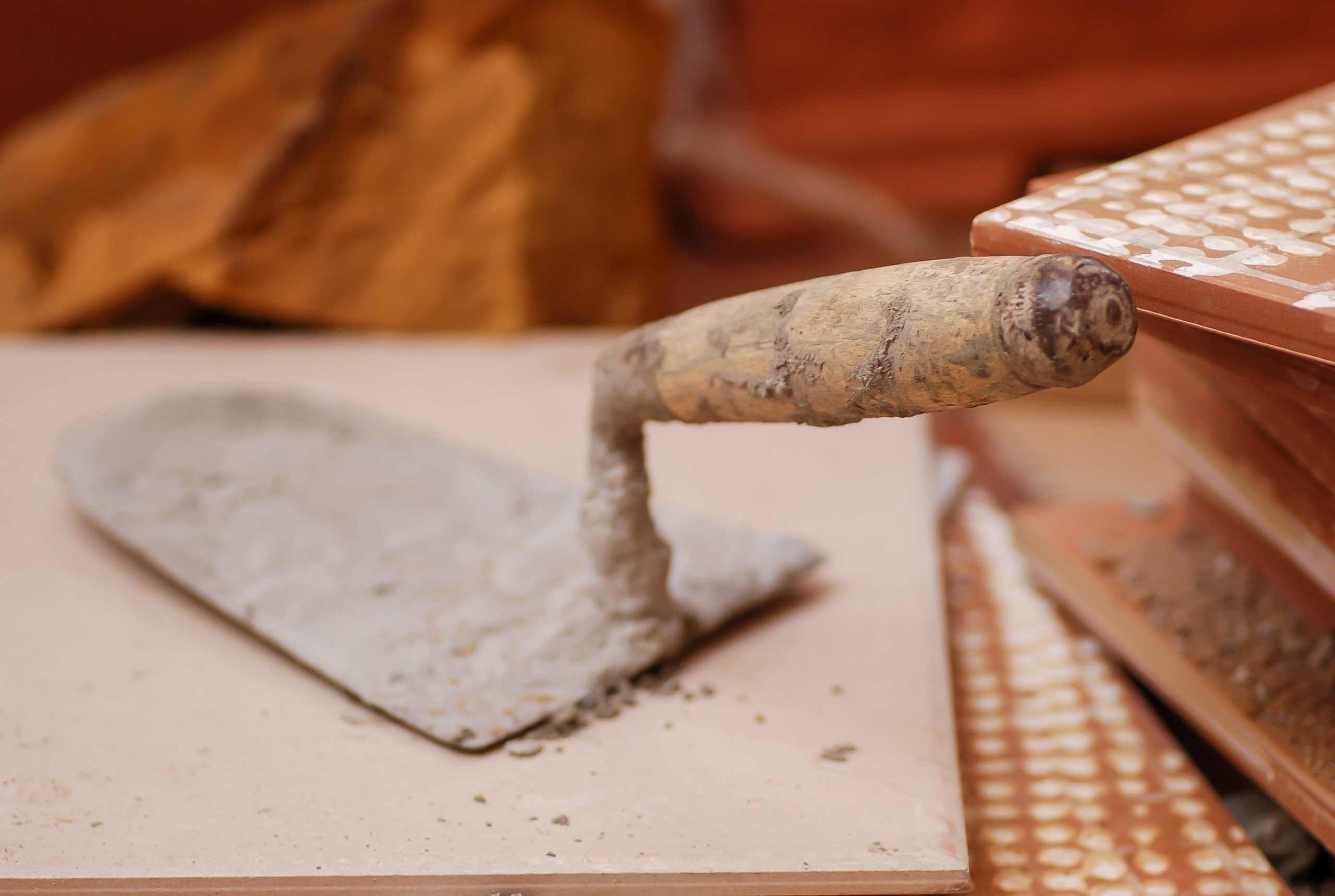
BRITAIN’S construction industry could be ‘shaken to its foundations’ unless a new, environmentally cement can be produced, an academic has warned.
Dr Moray Newlands, of the University of Dundee’s school of science and engineering, said that the ongoing supply chain crisis has further prompted an ‘urgent’ need for the sector to build for the future and meet net zero targets.
He will lead a team researchers in testing the performance characteristics of a new blend of cement utilising calcined clay, which is an alternative to fly ash and ground-granulated blast furnace slag (GGBS). It forms part of a £1.4 million research project led by the Mineral Products Association and funded by the UK Research and Innovation’s transforming foundation industries programme.
With fly ash and GGBS becoming increasingly scarce and produced at a significant cost to the environment, Dr Newlands believes that finding a new, sustainable formula for UK cement is ‘crucial’ to ensure the long-term prosperity of the sector.
He said, “Low carbon cement and concrete in this country is heavily dependent on fly ash and GGBS. However, as well as a need to make the construction industry more sustainable, there are also long-standing supply chain issues with these materials.
“Calcined clay is a material that has the potential to address these concerns, and is already prevalent in mainland Europe, but we know very little about UK clay and whether it will perform to the standards that are required for construction projects.
“Demand for construction materials has been strong throughout the pandemic, but with an increasing focus on the industry’s environmental impact it is important that we examine ways to make it more sustainable. If there is a failure to adapt, then there is a real risk that demand for cement will outstrip supply.”
The university team will test the integrity of the calcined clay concretes, using ‘state-of-the-art’ technology to ensure that it meets rigorous industry standards.
Fly ash has been a staple ingredient in concrete. However, because it is a by-product of coal, its supply has become increasingly scarce due to the number of coal-fired power stations diminishing. Similarly, the reduction in blast furnace operations in Britain has decreased the amount of GGBS available for construction.
Dr Newlands continued, “Around 30% of cement in UK concretes will consist of fly ash or GBBS, so our study of UK calcined clay is hugely significant for the construction industry in this country. The facilities we have here in Dundee are second to none and we have a long track record of carrying out this kind of research. By the time we have analysed the samples we will have a much clearer idea of what kind of role calcined clay can play in future construction projects in this country.”








